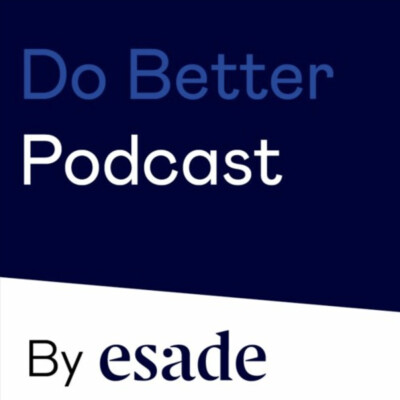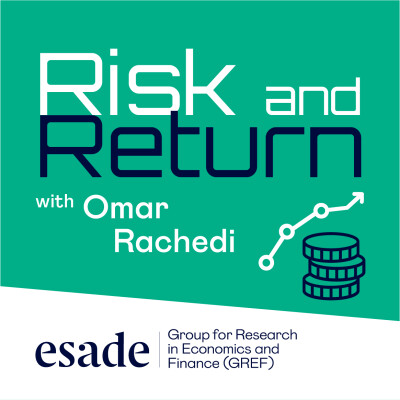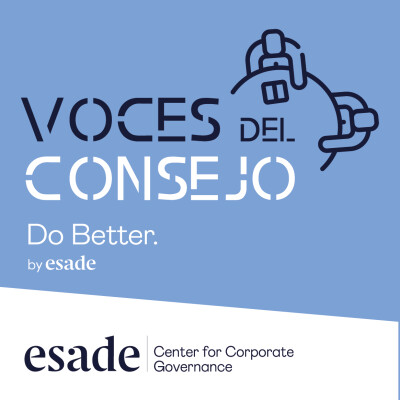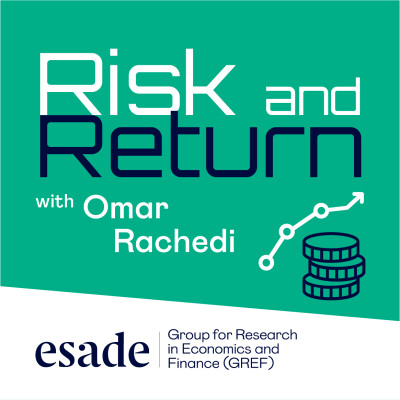Description
In this podcast we talked to international experts Béatrice Dumont (College of Europe), Nils Redeker (Jacques Delors Center) and Juan Moscoso del Prado (EsadeGeo) on the upcoming Multiannual Financial Framework (EU seven-year budget). They draw on the conclusions of the event “The Coming Multiannual Financial Framework (MFF): Positions and Opportunities” held at Esade Madrid with the collaboration of the MAEC (Ministerio de Exteriores) on October 7th, 2025.
Together, they examined the European Commission’s proposal for the 2028–2034 MFF, which accounts for nearly €1.98 trillion over seven years (€280 billion annually). While the plan represents the most profound reshaping of EU budgetary pillars in decades (reducing and merging agriculture and cohesion funds), participants questioned whether it is ambitious enough to meet Draghi’s call of €800 billion per year to revive Europe’s competitiveness. And most importantly, will Member States accept it?
Nils Redeker pointed out that with roughly 90% of the EU budget locked in for seven years, there’s very little flexibility to shift spending; still, the new MFF proposal is a step in the right direction for competitiveness. Béatrice Dumont argued that the first pillar—cohesion policy and the CAP—will likely remain dominant because it’s politically hard to cut, and she stressed that boosting competitiveness requires European public goods like R&D and modernizing the electric grid. Juan Moscoso del Prado emphasized the need to align the new MFF with private investment by deepening the capital markets and banking unions, creating a true savings-and-investment union, which can help SMEs and companies raise productivity.
The conclusions of the session will be published in a Policy Brief soon at EsadeGeo .
Activity co-financed by Spanish' State Secretariat for the European Union /Reference: 117-032471
Supported by Ministerio de Exteriores and Hablemos de Europa
Hosted on Ausha. See ausha.co/privacy-policy for more information.





